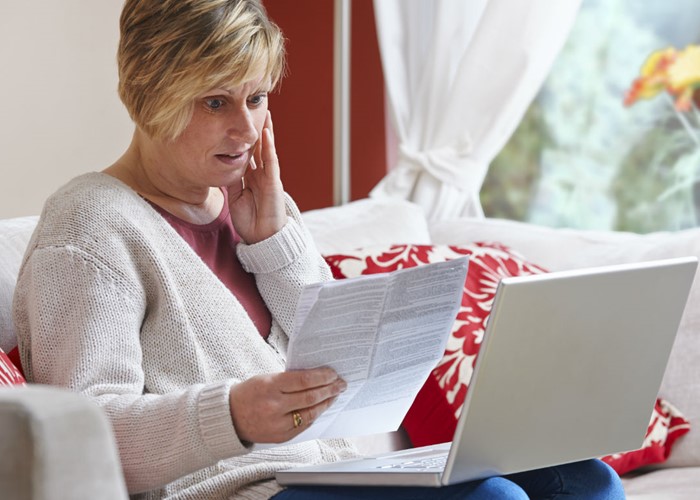Reports say Government wants Big Six to freeze energy prices

There's speculation the Government wants no more price rises until after the next General Election, and is to press ahead with 'rolling back' green levies.
There are reports that the Government wants the ‘Big Six’ energy companies to hold energy prices until mid-2015, according to industry sources. However, this commitment can apparently be waived if wholesale prices rise.
The BBC has reported that sources claim the Government wants to avoid any more price rises being blamed on its green policies.
Mid-2015, of course, will be the time of the next General Election. So if the energy companies were to agree there could potentially be no energy price rises from now until after the election.
If this were to happen, it would be a major challenge to Labour’s pledge to freeze energy prices for 20 months if it is elected.
Cost-cutting?
In the lead-up to the Autumn Statement, which will be delivered by Chancellor George Osborne next Thursday, there has been plenty of speculation about changes to energy costs.
With the Prime Minister having already promised to look at ‘green’ charges, the Government looks certain to announce some shift in policy.
The Energy Company Obligation (ECO) scheme was one of the major ‘green’ costs cited by the five of the Big Six companies who have already announced price increases this winter.
ECO obligates the major companies to install free energy efficiency improvements, such as insulation, in poorly-insulated low-income homes. The cost of this is passed on to us via our energy bills.
The Government could allow the big energy companies extra time to carry out this work.
By extending the deadline for the scheme from 27 months to four years, the Government would want that cost to be smoothed out for longer on our bills too.
Other options
Another option is for ECO and the Warm Home discount, which offers a discount on low-income households’ electricity bill, to be paid for via taxation. Or the cost could be passed onto the power generation companies, which are also making huge profits.
Removing the cost of both ECO and Warm Home from our bills could reduce them by an average of £58 a year, according to Government figures.
However, that would still leave an average of £53-worth of ‘green’ costs.
Yet that £58 reduction, coupled with a price freeze until 2015 (albeit with a fairly huge caveat), would give the Government a populist message on a huge issue.
Npower has already pledged to scale back its winter price rise, which was the largest of those announced so far, if the Government does reduce those costs.
We shall see what’s announced on Thursday.
See if you can save money on your bills by switching energy supplier with lovemoney.com.
More on energy:
lovemoney Awards 2013: best energy supplier
The UK's worst energy provider
The alternatives to the Big Six energy providers
Who owns the UK's big energy companies?
How to get free cavity wall and loft insulation
Comments
Be the first to comment
Do you want to comment on this article? You need to be signed in for this feature